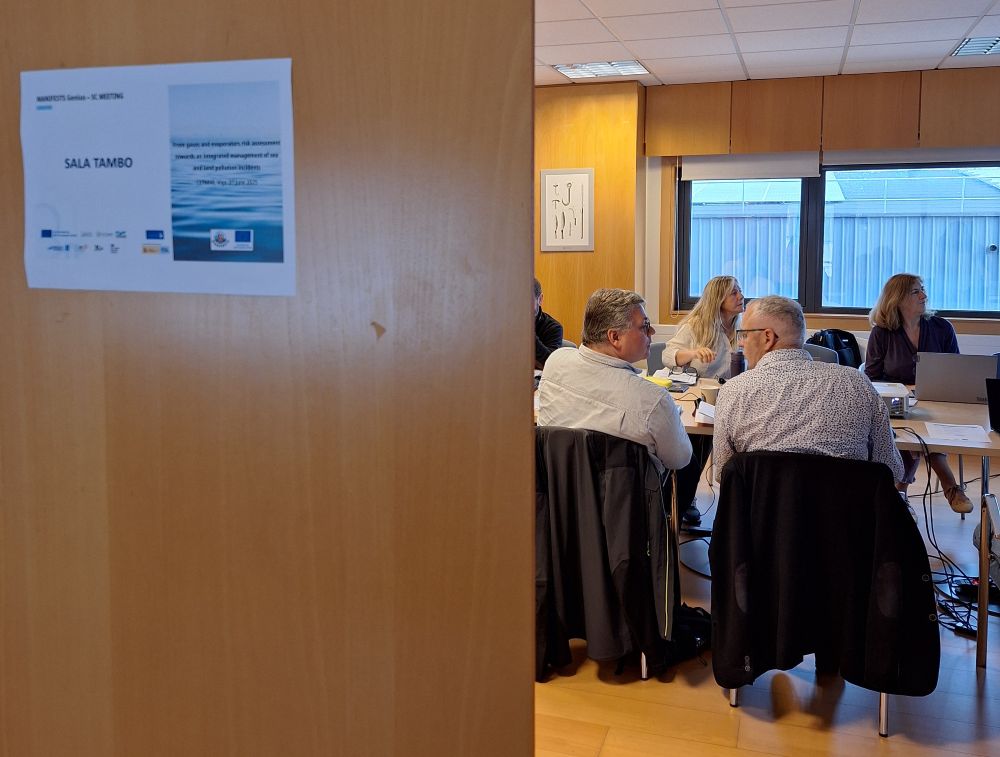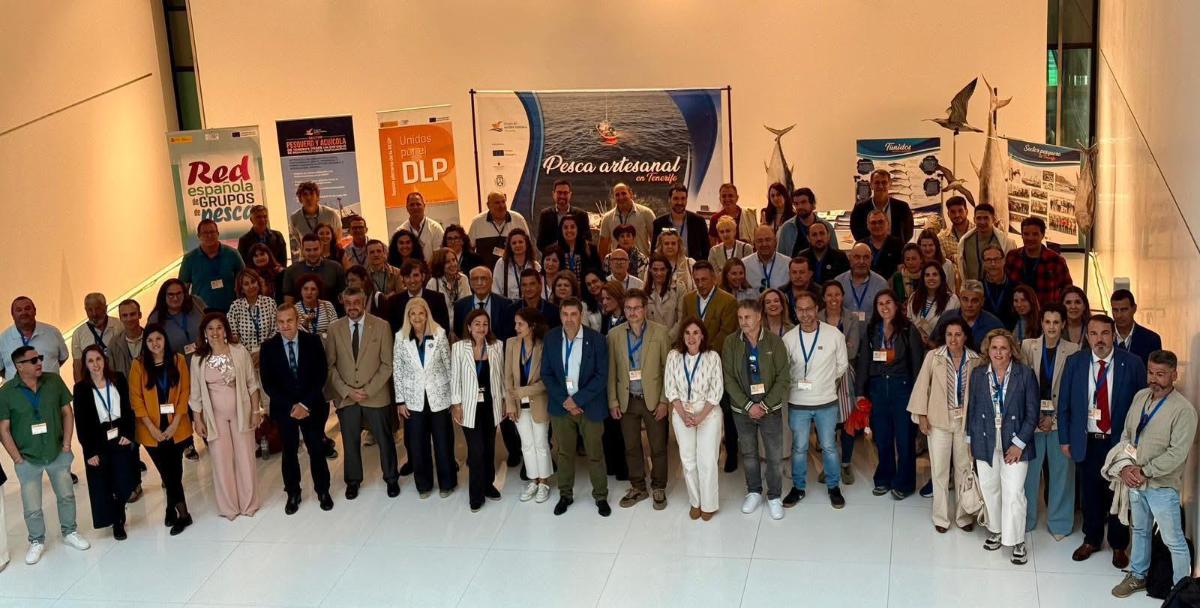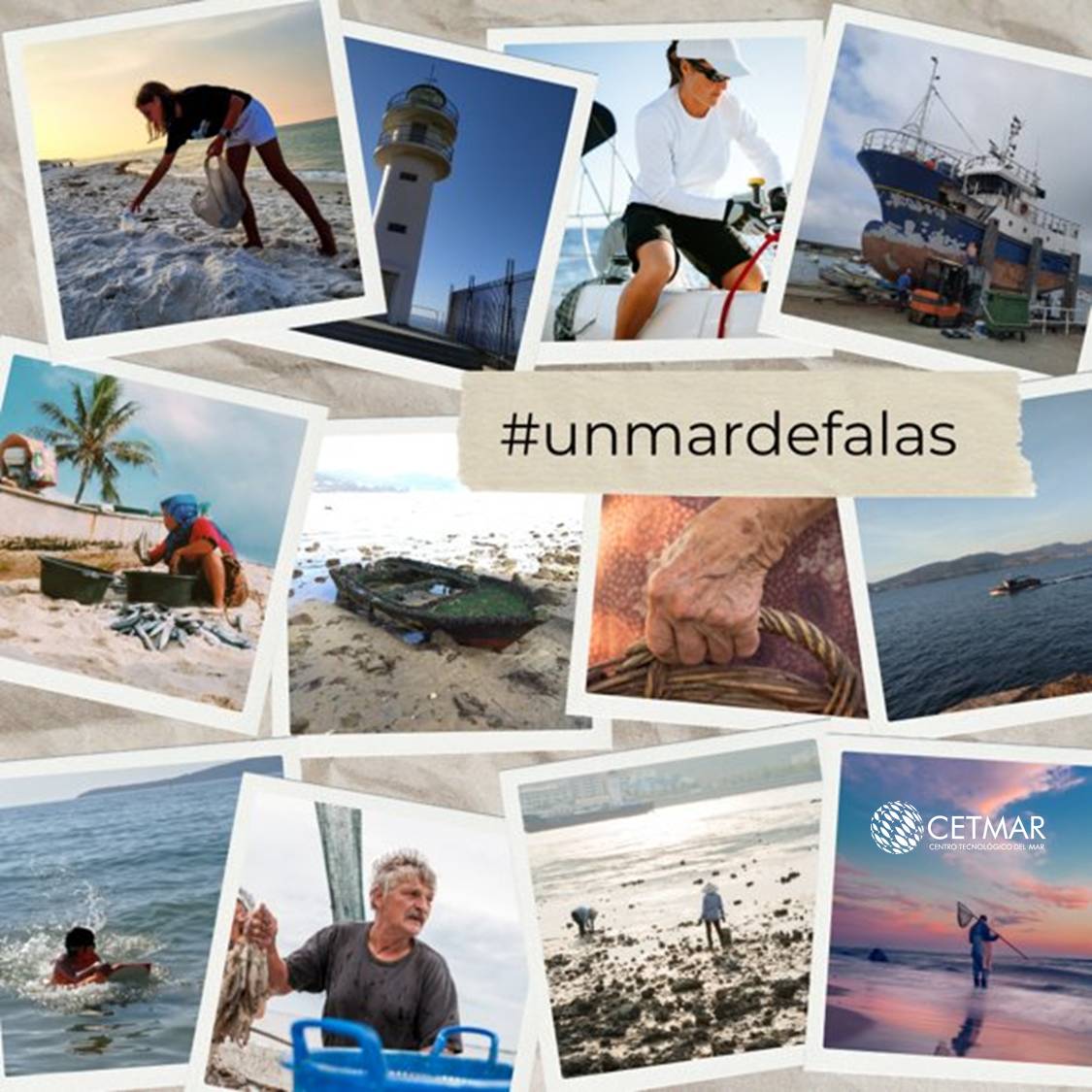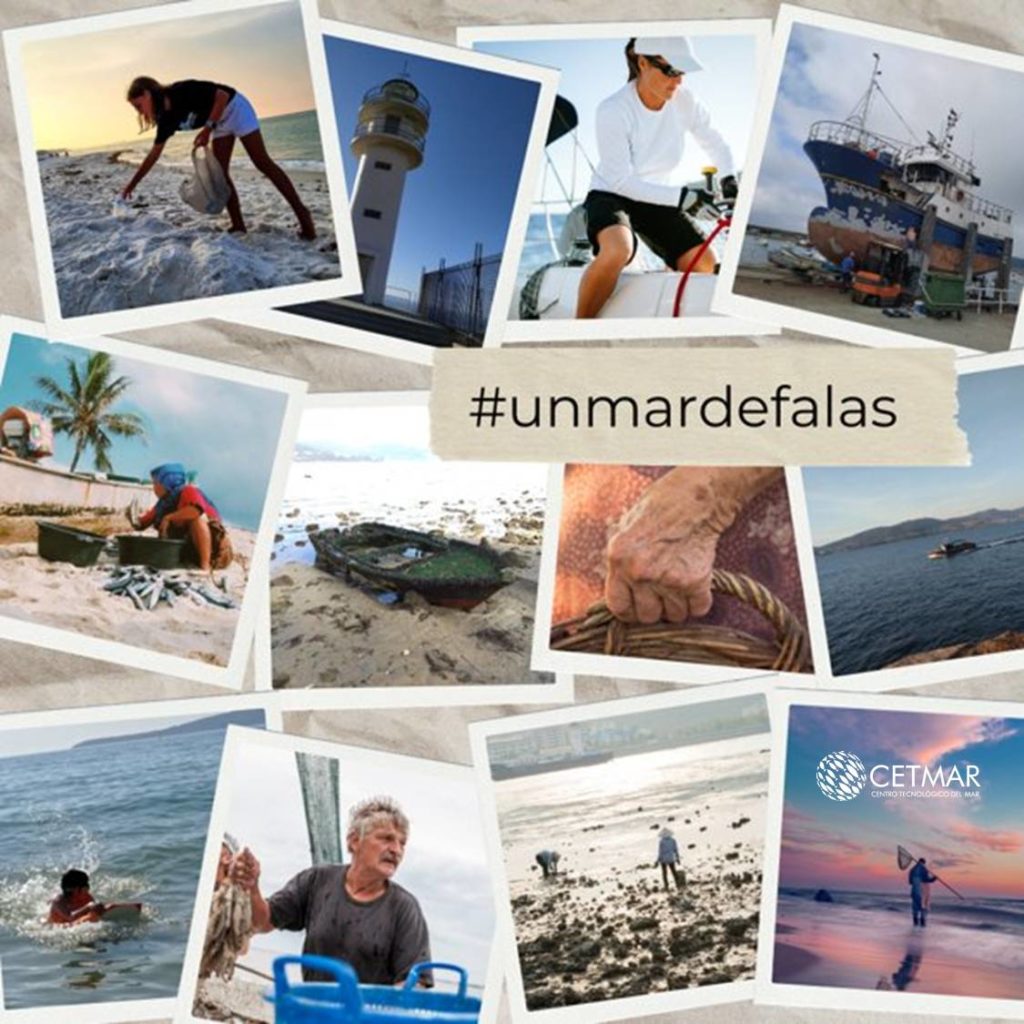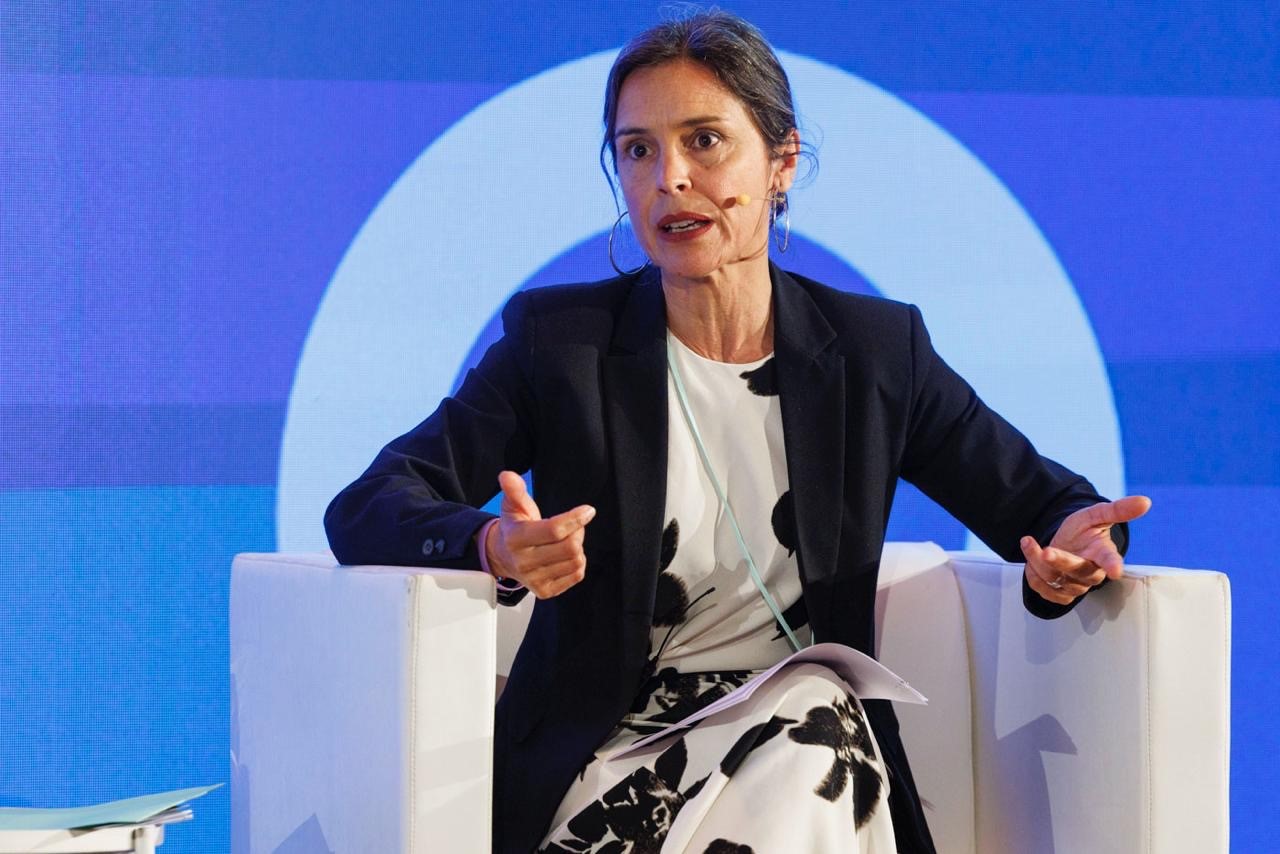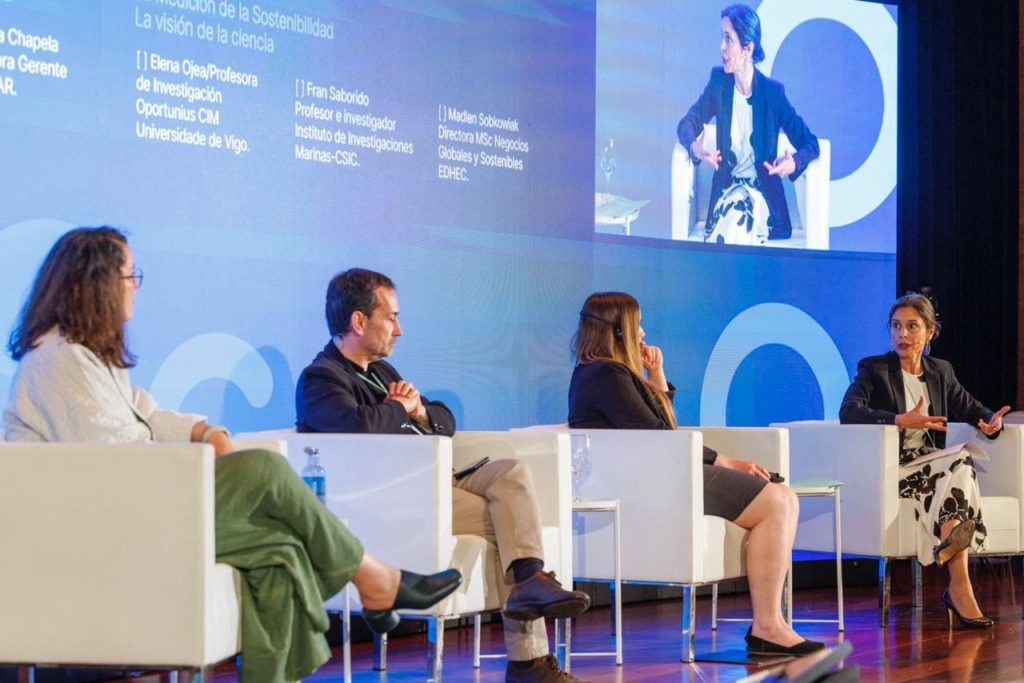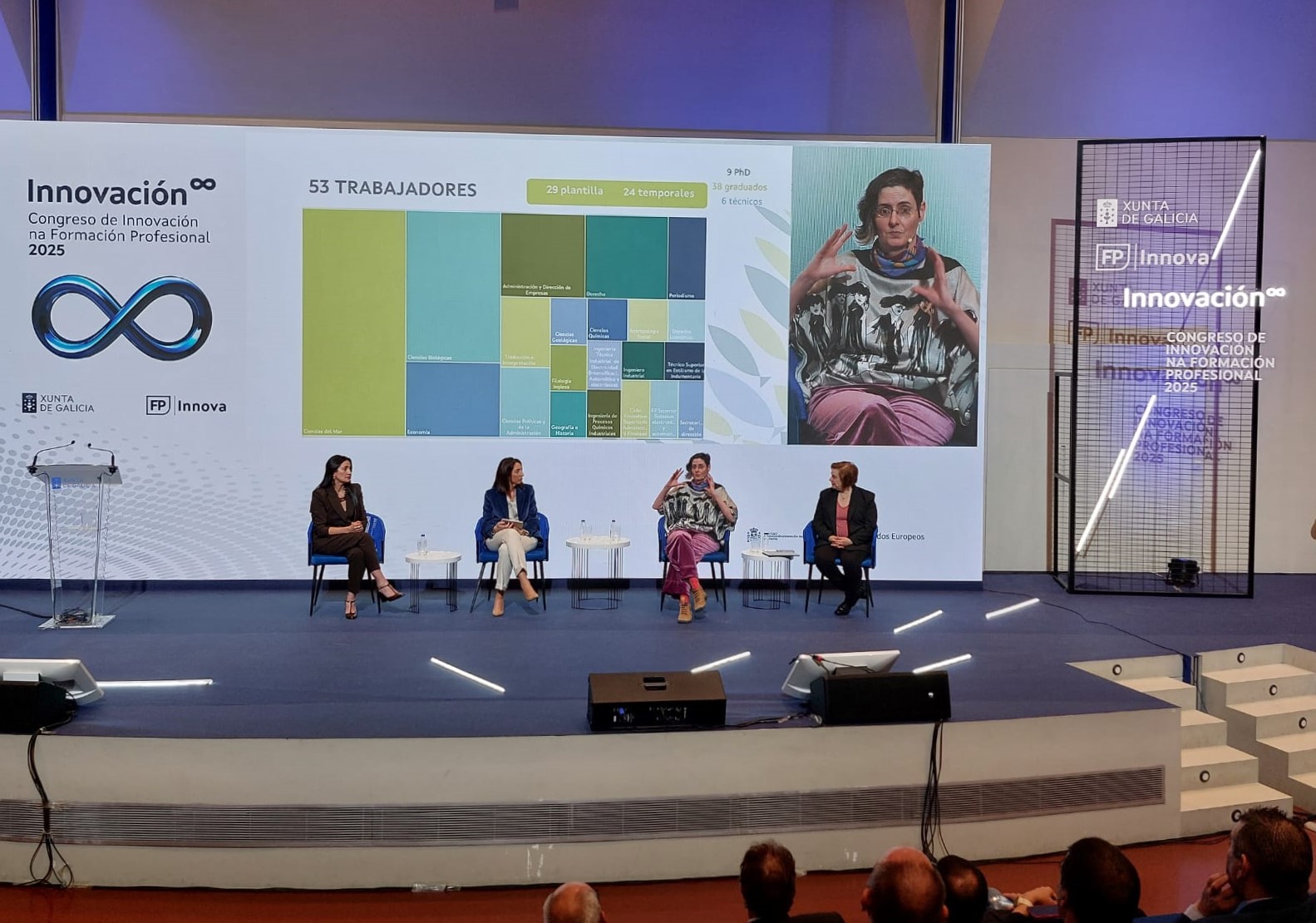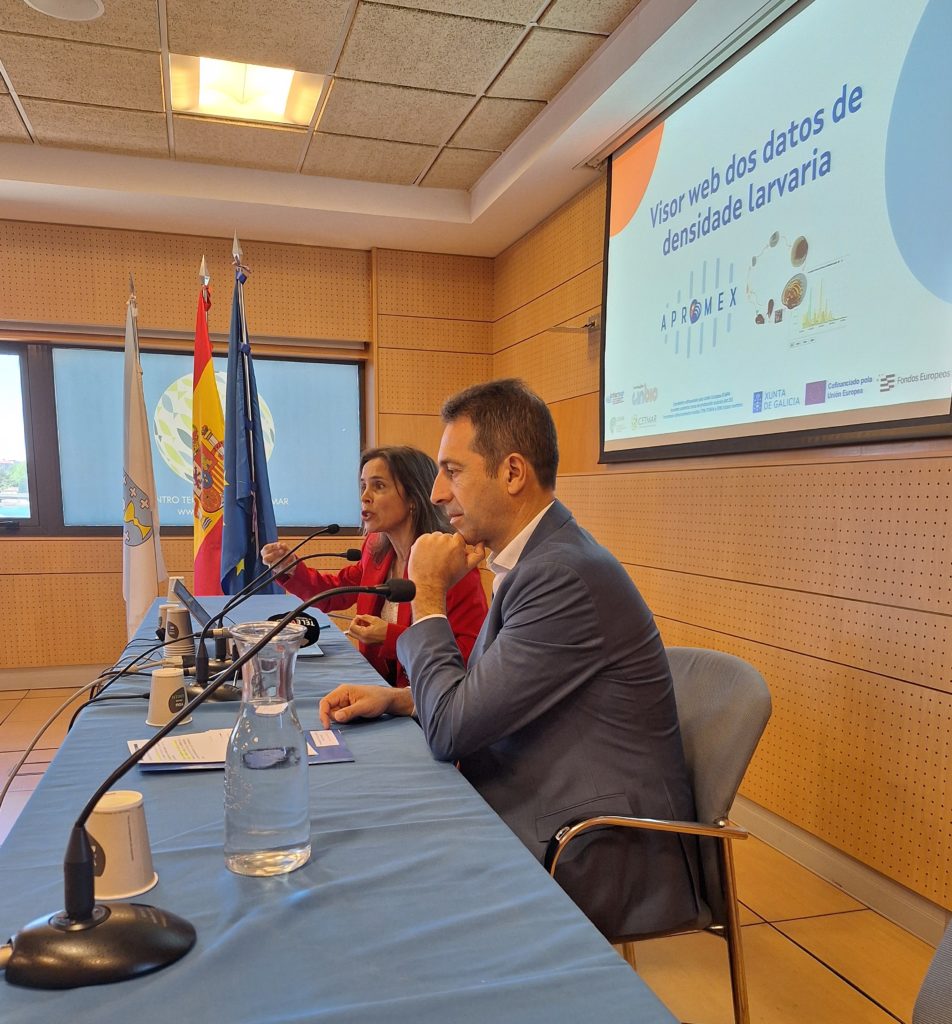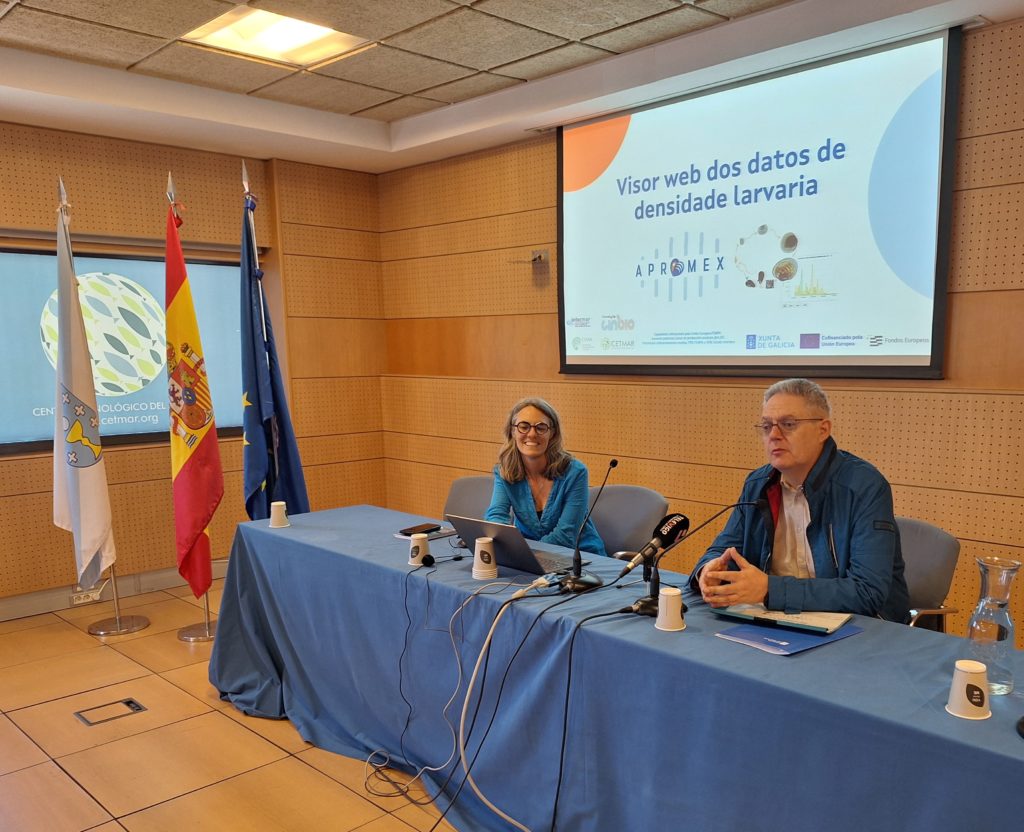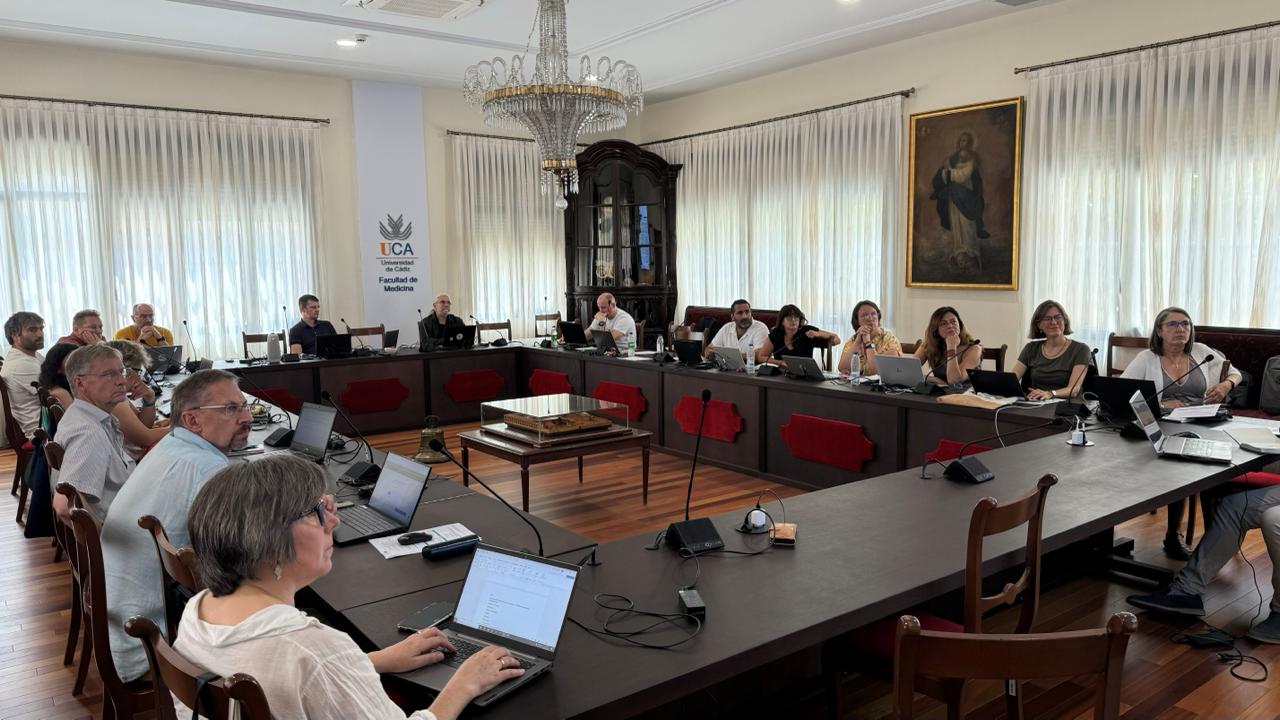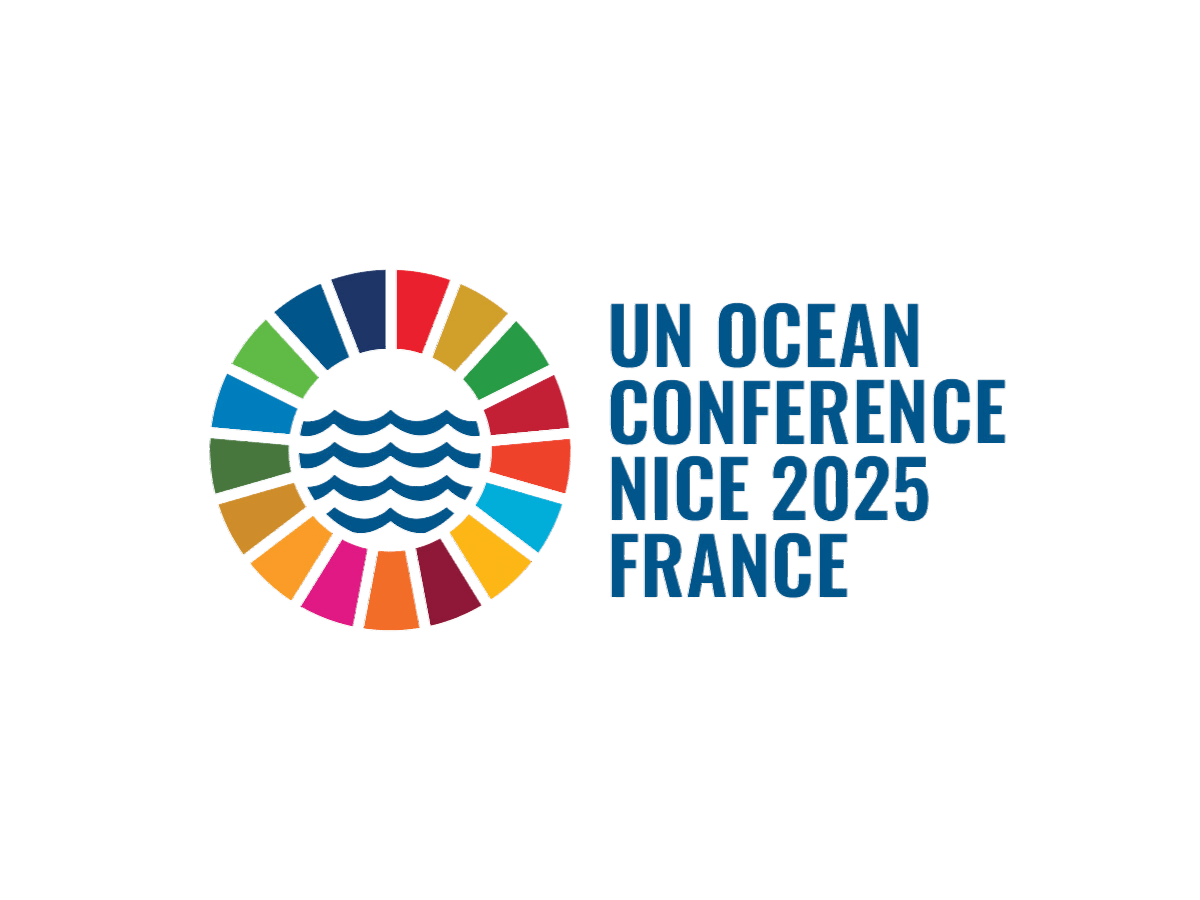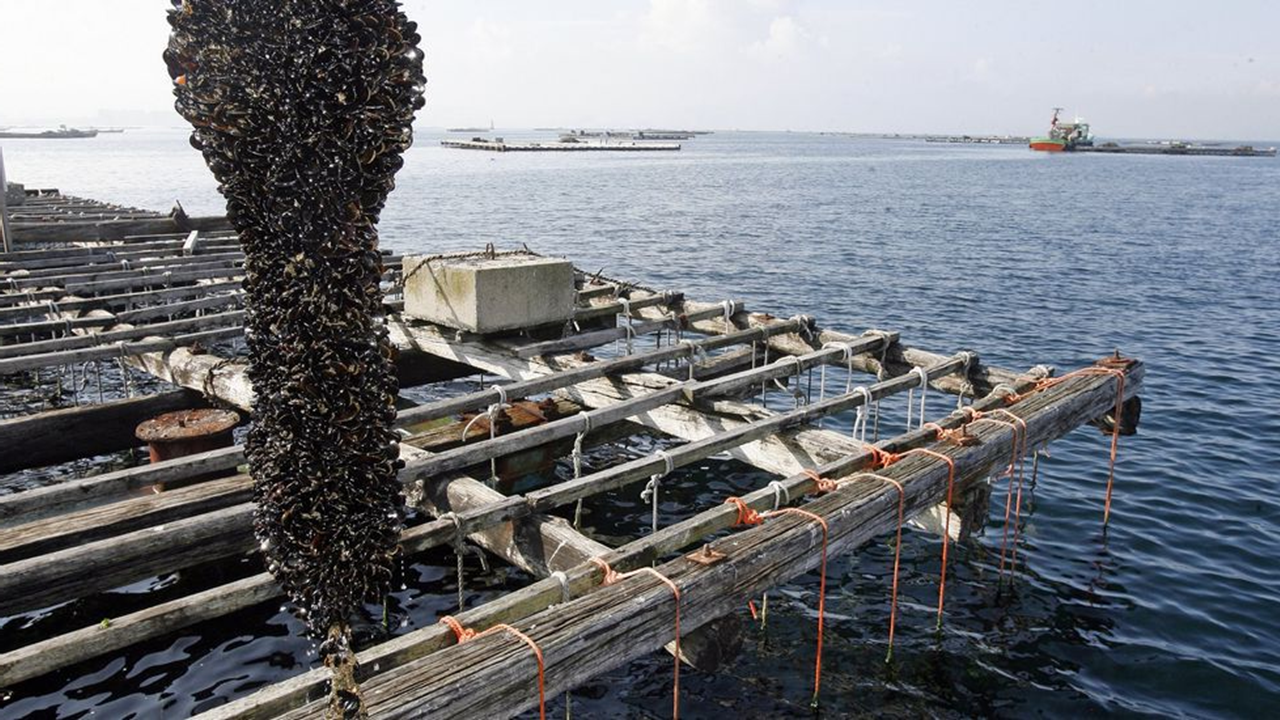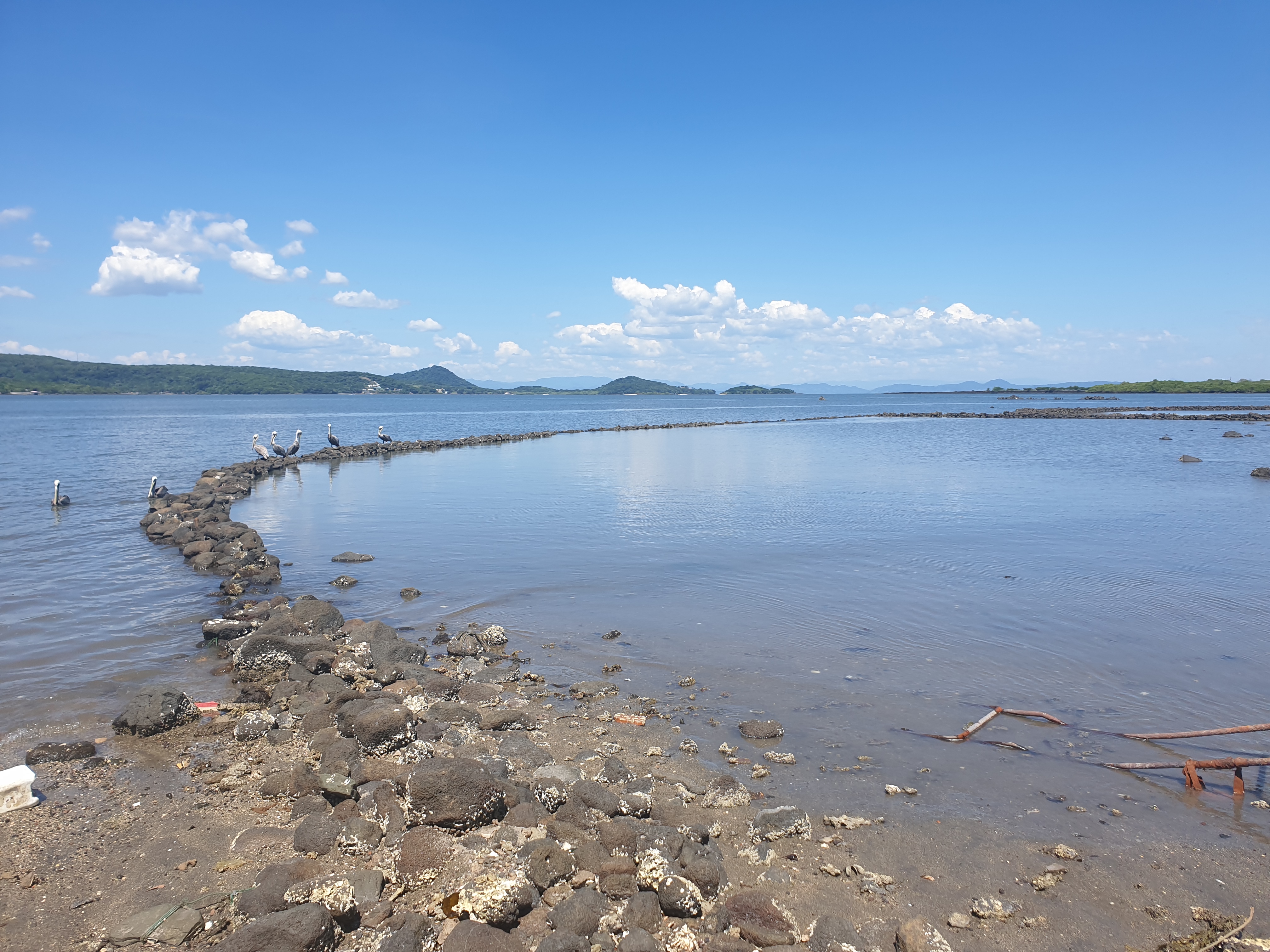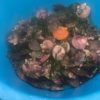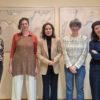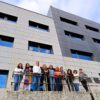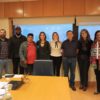
O proxecto MANIFESTS GENIUS entra na recta final cunha reunión de coordinación e un obradoiro sobre a xestión de incidentes de contaminación mariña e terrestre
O Centro Tecnolóxico do Mar-Fundación CETMAR acolleu o 4 de xuño un obradoiro sobre avaliación de riscos de gases e substancias volátiles e xestión integrada de incidentes de contaminación mariña e terrestre. Este obradoiro celebrouse no marco do proxecto MANIFESTS GENIUS, financiado pola DG-ECHO, no que participa a institución galega xunto con outros seis centros de investigación e organizacións europeas.
O evento, organizado en colaboración coa Plataforma Tecnolóxica para a Protección da Costa e o Medio Mariño (PROTECMA), coordinado por CETMAR e que reuniu a numerosos potenciais usuarios finais dos resultados do proxecto (autoridades responsables da resposta á contaminación accidental, gardacostas, portos, provedores de tecnoloxía, etc.), contou coa presenza de expertos e profesionais do sector marítimo.
Ao longo das sesións, os relatores compartiron os seus coñecementos e experiencias cos asistentes, que puideron seguir o evento tanto en persoa como en liña. Tras unha presentación introdutoria da EMSA sobre os desafíos asociados aos combustibles alternativos, a primeira parte do día centrouse en “Do coñecemento químico á avaliación de riscos”, mentres que a segunda abordou “Riscos e respostas para a protección da saúde pública”.
Durante esta segunda sesión, dedicada á resposta operativa a episodios de contaminación, CETMAR e INTECMAR presentaron as ferramentas que foron desenvolvidas e actualizadas para este fin en proxectos anteriores, como MARINER ou MANIFESTS, e que se están a refinar no marco de MANIFESTS GENIUS.
O obradoiro, precedido o día anterior por unha reunión de coordinación do consorcio do proxecto, concluíu a primeira hora da tarde cunha sesión de formación final á que asistiron CETMAR, INTECMAR, IMT —tamén socio deste proxecto— e o Centro de Documentación, Investigación e Experimentación sobre Contaminacións Accidentais da Auga (CEDRE) de Francia, que coordina o proxecto.
Baseándose nos resultados do proxecto MANIFESTS, que se levou a cabo entre 2021 e 2023, MANIFESTS GENIUS busca fortalecer a capacidade de preparación e resposta para a xestión integrada da contaminación accidental. O obxectivo principal é desenvolver coñecementos e ferramentas accesibles aos usuarios finais para facilitar a súa preparación e resposta á liberación de substancias nocivas e potencialmente perigosas (SNPP), incluídos combustibles alternativos como o amoníaco, o metanol e o gas natural licuado (GNL), que, en caso de accidente, poderían formar nubes de gas tóxico con risco de explosión e/ou deriva cara á costa e afectar ás comunidades locais.
Ademais do seu papel na organización do evento, PROTECMA contribuirá activamente á difusión e capitalización do coñecemento e as ferramentas desenvolvidas no marco do proxecto, facilitando a súa transferencia a unha ampla gama de usuarios finais.
Xunto ao CEDRE, CETMAR e INTECMAR, participan nesta iniciativa europea o Instituto Superior Técnico (IST), Public Health England (PHE), o Institut Royal des Sciences Naturelles de Belgique e o Institut Mines-Télécom. O consorcio rematará o seu traballo en decembro de 2025 despois de dous anos de traballo en colaboración.

